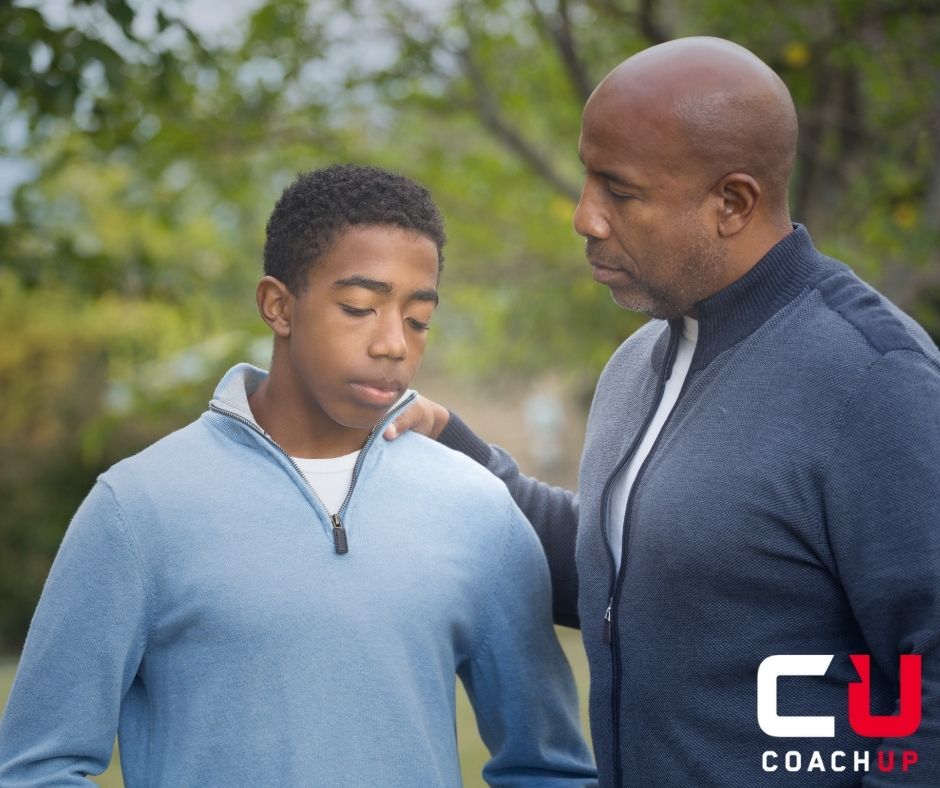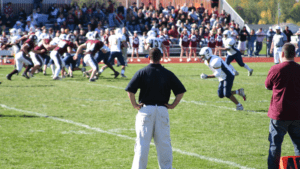
If you’ve ever watched your child play sports, you know it’s not just about the score. Wins and losses come and go, but the way kids carry themselves on and off the field—that’s what really sticks. And here’s the truth: the best way to teach good sportsmanship isn’t through lectures, it’s by living it yourself.
That’s why teaching good sportsmanship at home is so important. Kids are sponges. They soak up what they see and hear, especially from you. Whether it’s how you react to a referee’s call, the way you handle disappointment, or even the tone you set during a family board game, your example becomes their playbook.
So how can you model sportsmanship in a way that helps your child thrive in competition and in life? Let’s break it down.
Lead with Your Behavior
Think about the last time you were on the sidelines. Did you cheer for good plays from both teams? Did you keep calm when the ref made a questionable call? These little moments matter.
When kids see you clap for effort, keep your cool under pressure, and respect opponents, they learn that those behaviors are just as important as the final score. It’s less about telling them to be respectful and more about showing them what respect looks like.

Praise the Effort, Not Just the Score
One of the simplest ways to build character is to shift the spotlight from the outcome to the process. Instead of, “Great job scoring that goal,” try, “I loved seeing you hustle to get back on defense.”
Effort-based praise reinforces resilience. It teaches kids that success comes from growth, consistency, and determination—not just talent or luck. Over time, they will start valuing improvement and persistence as much as winning.
Teach Gracious Winning and Losing
We often talk about teaching kids how to handle losing, but winning with humility is just as important. Nobody likes a sore loser, but nobody likes a boastful winner either.
If your child’s team comes out on top, encourage them to celebrate, but also to shake hands, compliment opponents, and show gratitude. And after tough losses? Validate their frustration, then help them reflect: “What did you learn today that will help you next time?” Both sides of a game’s result present opportunities for growth.
Turn Everyday Moments into Lessons
Sportsmanship isn’t limited to the field. You can model it at home with simple, everyday opportunities:
- After a family game night, encourage saying “good game” no matter who won.
- When watching professional sports on TV, point out athletes who handle themselves with class—and talk about what you admire.
- During fun competitions, remind them that fairness and respect matter more than the outcome.
These little lessons add up. They help kids see that sportsmanship isn’t just a “game thing”—it’s a life skill. The more regular and earnest you are in sharing that belief, the more likely they are to adopt it.

Handle Disappointment with Empathy
Every athlete will face setbacks—missed shots, tough losses, or even just a bad practice. The way you guide them through those moments teaches resilience more than any pep talk before a game ever could.
Instead of downplaying their feelings with “It’s not a big deal,” try validating them: “I know you’re frustrated—it shows how much you care.” Then, help them focus forward: “What’s one thing you’d like to work on before the next game?”
By modeling calm and empathy, you’re showing them how to bounce back stronger.
Set a “Family Code of Sportsmanship”
Sometimes kids respond well to clear guidelines. Creating a simple family code of sportsmanship can be a powerful tool. Keep it short and memorable—something like:
- Always respect teammates, coaches, refs, and opponents.
- Celebrate effort more than results.
- Win humbly, lose with grace.
- Encourage others—don’t tear them down.
Post it on the fridge. Talk about it before games. And most importantly—live by it yourself.
Final Thoughts
At the end of the day, your kids are learning how to treat others, handle pressure, and bounce back from setbacks by watching you. Remember: teaching good sportsmanship at home doesn’t require grand speeches. It’s the everyday examples—your cheers, your reactions, your conversations—that leave the biggest mark.
Wins fade, trophies collect dust, but the lessons of sportsmanship? Those last a lifetime.
CoachUp is the safest and easiest way to find a coach for personalized training. With our 100% money-back guarantee and vetted coaches, anyone can achieve their full athletic potential. Find your perfect coach today!
How useful was this post?
Click on a star to rate it!
Average rating 5 / 5. Vote count: 1
No votes so far! Be the first to rate this post.



